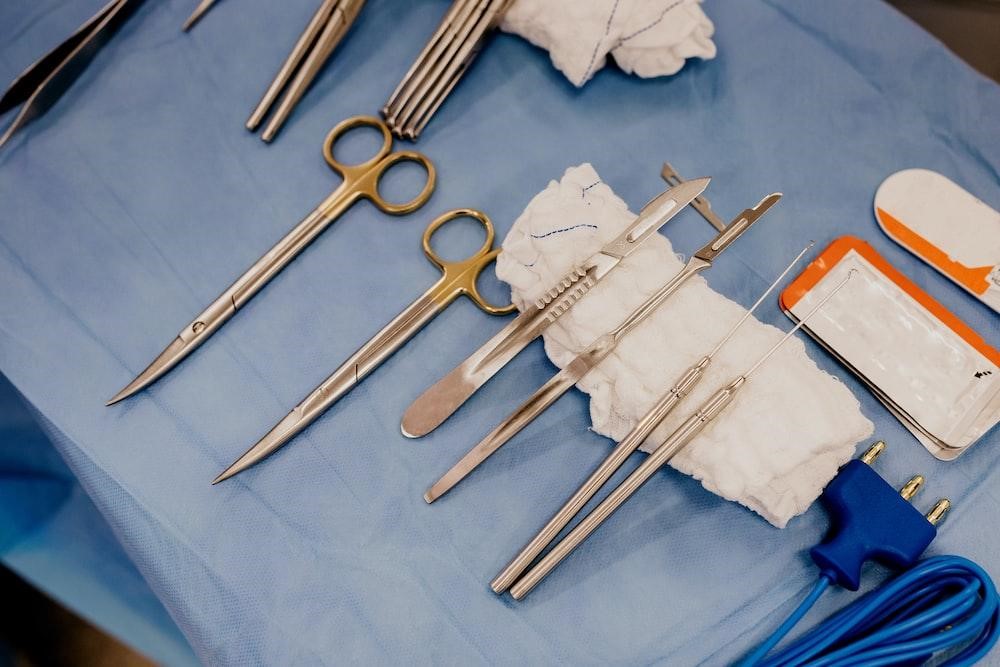The Greatest Danger of Hospital Waste
3/6/2023

Hospital waste, when it is not managed well, may pose a great danger to human health, the environment, and the overall public. Materials like radioactive elements, pharmaceutical waste, and infectious and hazardous waste pose some risks and we will talk more about them below.
Health risks
Hospital workers are at great risk of being exposed to infectious agents, sharp objects, and hazardous chemicals.
Sharps, needles, and surgical gloves and gowns are waste that may contain contagious diseases such as HIV, hepatitis B and C, and other viruses. Exposure to these microorganisms may cause serious illnesses which may be fatal for humans.
Chemical waste may also contain unsafe elements that can cause skin irritation and breathing issues. In addition, sharp objects such as scalpels and needles can cause injury to workers which might result in health complications and infections.
Environmental risks
If hospital waste is not managed properly, it can have negative effects on the environment as well. For instance, hazardous waste can result in water and soil contamination which can directly or indirectly damage human beings, plants, and animals.
Hospital waste can also result in air pollution because of the release of greenhouse gases which have negative effects on the planet’s climate. Such environmental contamination will pose a huge threat to the nearby communities.
Parting shot
Generally, hospital waste is dangerous to human health and the environment if it is not disposed of well. To prevent the unwanted effects of hospital waste, there is a need for proper waste management such as proper segregation, increased training, and legal frameworks that oversees that all laws regarding waste management are followed.
